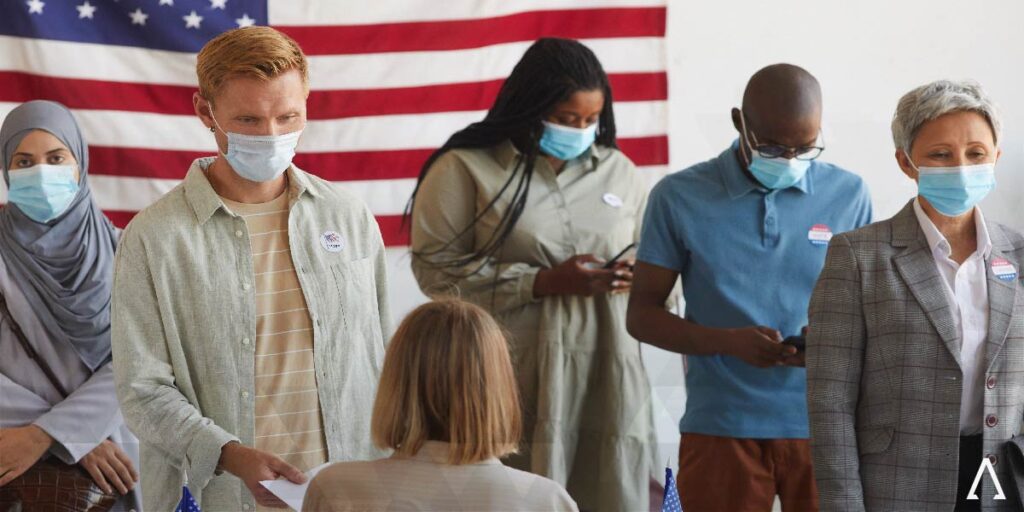This election saw the majority of Americans voting against the war on drugs. In all states where there was a ballot measure about drug policy, voters sided with less punitive measures.
The most notable measure was passed in Oregon, where possession of small amounts of any drug was decriminalized. Illegal drugs will stay illegal, meaning selling them is still not allowed, but using them will no longer be punished with jail or prison. People found with small amounts of drugs will have the choice of paying a $100 fine or completing a health assessment at an addiction treatment center.
The state of Oregon already legalized pot; now they will invest the money from their marijuana tax, along with savings from lowering their prison population, into funding addiction treatment. According to Vox, that could mean at least $100 million more towards addiction treatment in Oregon, “which would effectively quintuple how much the state spends on treatment outside of Medicaid and the criminal justice system.”
New Jersey, Arizona, South Dakota, and Montana all passed measures to legalize recreational marijuana. Mississippians voted to legalize medical marijuana.
People in Washington, DC voted to decriminalize psilocybin, the organic compound in psychedelic mushrooms. Following the passage of another ballot measure in Oregon, a state program will be created for the therapeutic use of psilocybin.
All of these measures won by a strong margin and were generally popular with voters across the political spectrum. It seems clear that the majority of Americans want a new approach to drug policy—where addiction is seen as the health problem it is, not as something about which to be shamed and punished.
According to the American Civil Liberties Union, Black people are 3.5 times more likely to be arrested for marijuana possession than white people. 20% of incarcerations as of March this year were due to drug violations.
This is one of the reasons TruHealing Centers started our Social Justice Scholarship, which covers the full continuum of addiction treatment for Black people struggling with substance use disorders. If you are in need of help, apply here.
People with addictions have a chronic brain disease; we need support and resources, not criminalization. Punishment does not help people stay sober. In fact, people with addictions often deal with shame and guilt; adding more reinforces a negative cycle of shame, low self-worth, and continued substance use. What’s more, a major diagnostic criterion for substance use disorder is continuing to drink or use despite negative consequences.
The National Institute on Drug Abuse (NIDA) lists principles for effective treatment. Among them are treating the whole person, not just their substance use; this includes vocational, social, psychological, and medical support. Throwing a person in prison does not account for the factors that caused them to use, and is not an effective treatment.
Therapy, addiction treatment, mental health care, a robust support network, and other resources are the clear winners for promoting long-term recovery.
If you are struggling with a substance use or mental health disorder, there is help and hope. TruHealing Centers offers high-quality treatment for addiction and mental health disorders in facilities across the country. We believe that everyone is unique and deserves a treatment plan catered to their needs. To learn more, call an admissions specialist at 410-593-0005.








